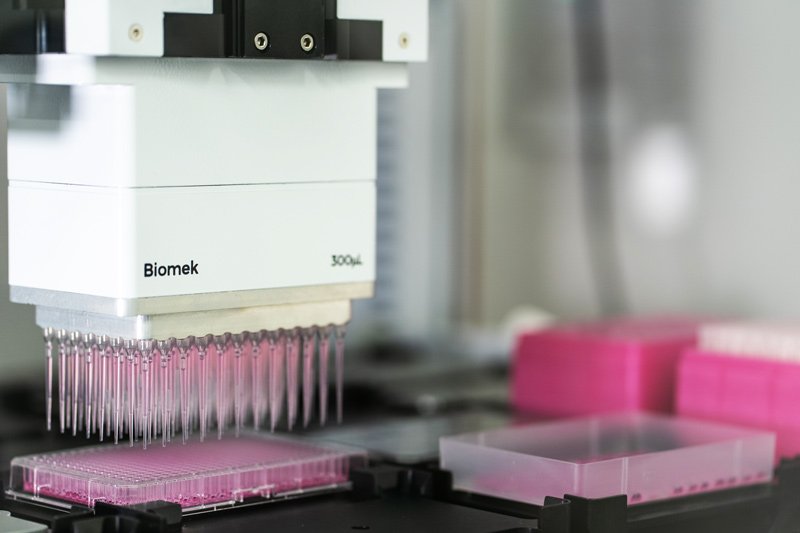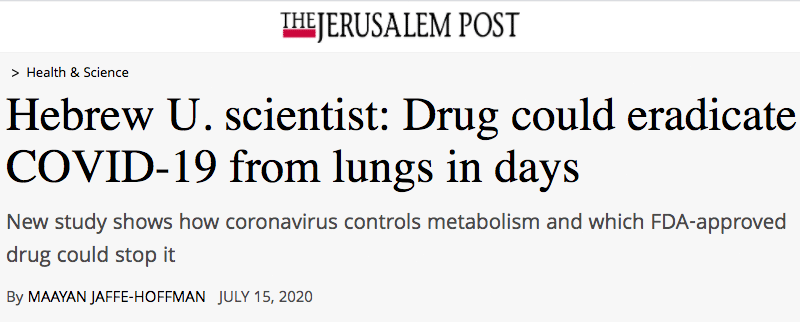
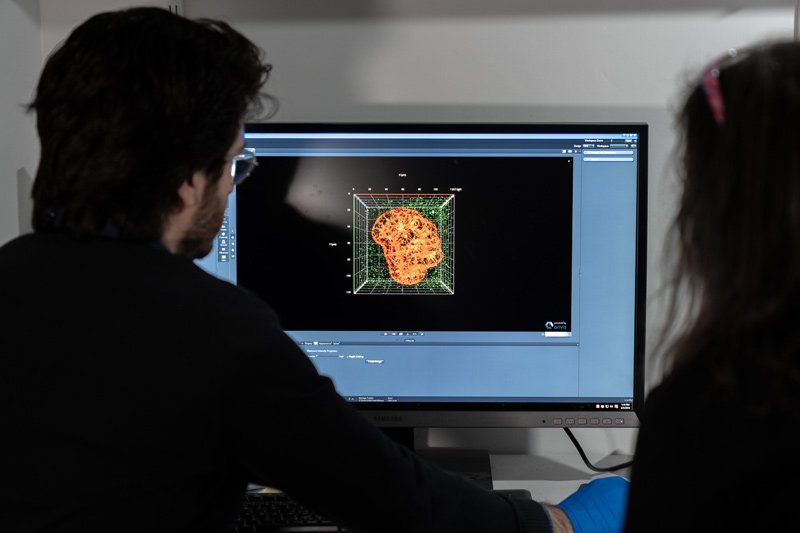
Researchers at Israel’s Hebrew University of Jerusalem and New York’s Mount Sinai Medical Center believe they could potentially downgrade COVID-19’s severity into nothing worse than a common cold.
New research by Hebrew University Prof. Ya’acov Nahmias and Sinai’s Dr. Benjamin tenOever revealed that the FDA-approved drug Fenofibrate (Tricor) could reduce SARS-CoV-2’s ability to reproduce or even make it disappear.
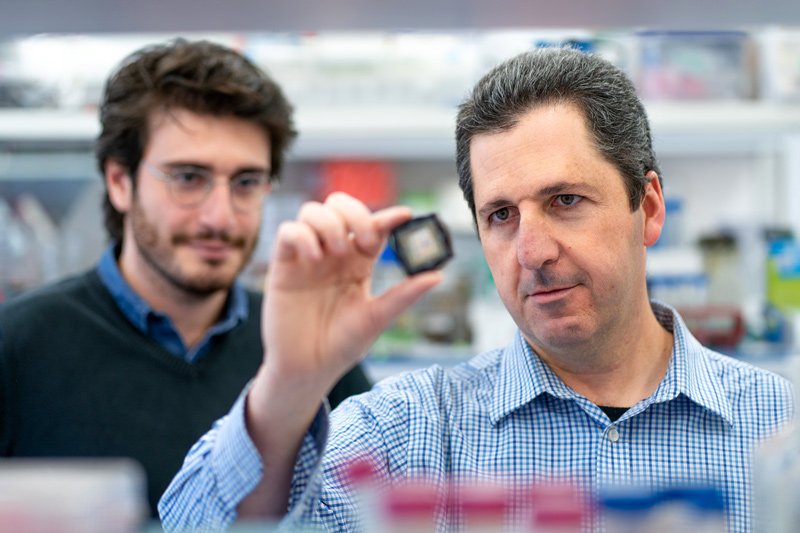
SARS-CoV-2 is the scientific name for the novel coronavirus.
“Viruses are parasites,” Nahmias explained to The Jerusalem Post. “They cannot replicate themselves. They cannot make new viruses. They have to get inside a human cell and then hijack that cell.”
As such, Nahmias and tenOever spent the last three months studying what SARS-CoV-2 is doing to human lung cells. What they found is that the novel coronavirus prevents the routine burning of carbohydrates, which results in large amounts of fat accumulating inside lung cells – a condition the virus needs to reproduce.
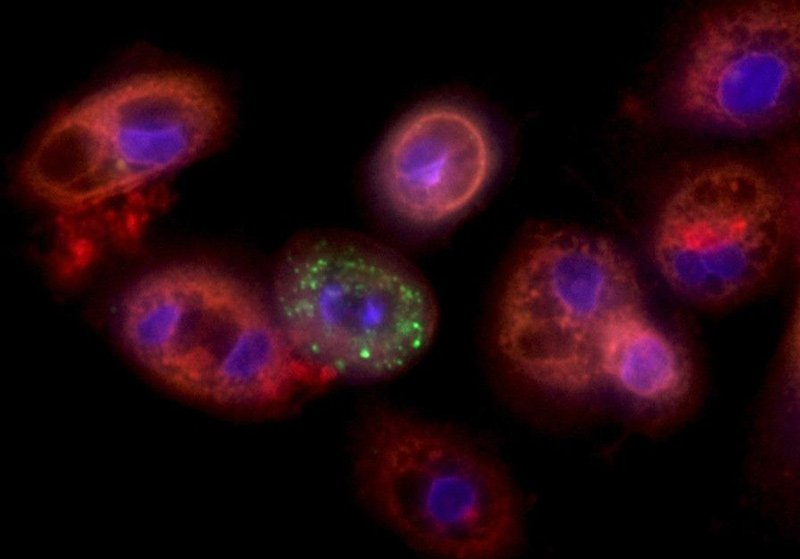
“By understanding how the SARS-CoV-2 controls our metabolism, we can wrestle back control from the virus and deprive it from the very resources it needs to survive,” Nahmias said, noting that it also may help explain why patients with high blood sugar and cholesterol levels are often at a particularly high risk to develop COVID-19.
The team then reviewed a panel of eight already-approved drugs that could possibly interfere with the virus’s ability to reproduce. Tricor caused the cells to start burning fat, Nahmias said. The result was that the virus almost completely disappeared within only five days of treatment.
The experiment was done in lab studies both in Israel and New York and was replicated several times with different lung samples. Nahmias said there is a strong indication that the experiment is highly repeatable in other labs.
The team is advancing to animal studies in New York and hoping to fast-track clinical studies in both Israel and the US within the next couple of weeks, since the drug is already proven safe.
The study is being published in this week’s Cell Press’s Sneak Peak. The work is being funded by the European Research Council, the Nikoh Foundation and the Sam and Rina Frankel Foundation.
